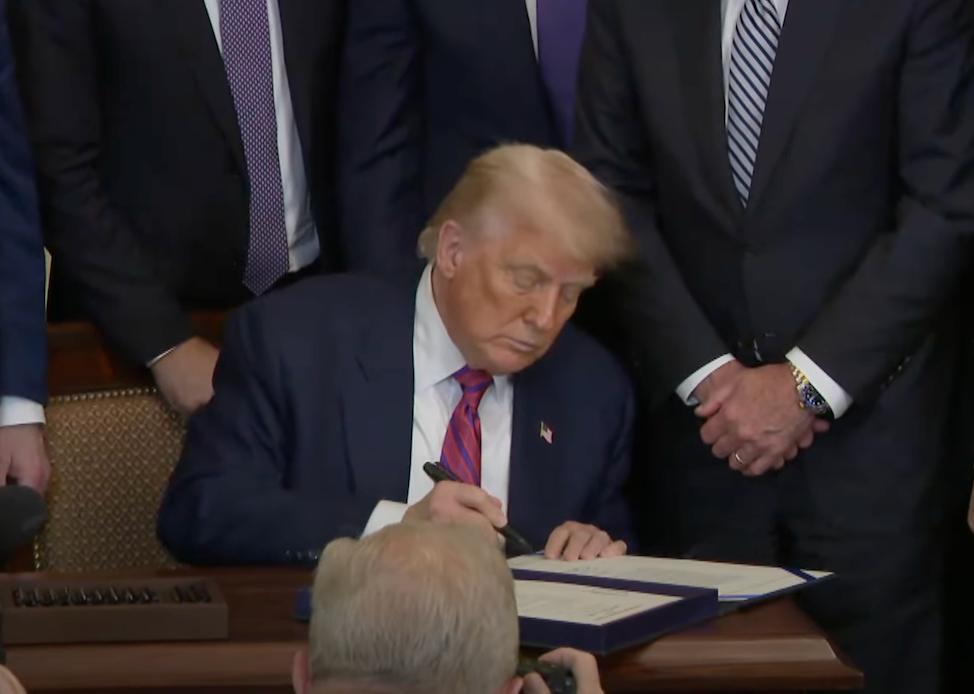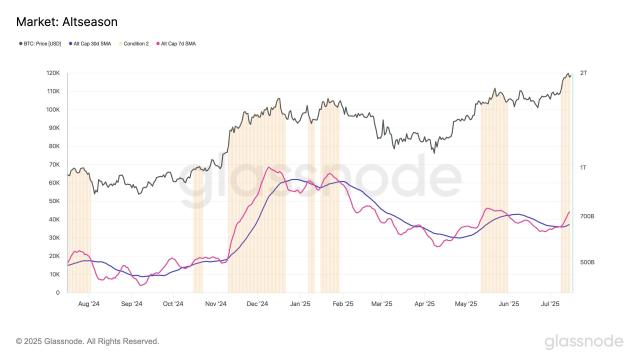President Trump Signed the GENIUS Act, Creating a Legal Framework for Stablecoin with Support from Top Industry CEOs, Opening a New Legal Era.
On July 18, President Donald Trump officially signed the "Guidance and Establishing National Innovation for U.S. Stablecoin" (GENIUS Act). This is an important step in establishing a clear legal framework for stablecoin, marking a major milestone in digital asset regulation in the U.S.
The signing ceremony was attended by top leaders in the crypto asset industry, including CEOs of Coinbase, Kraken, Circle, and Gemini, along with key Republican Party figures. The event demonstrated the increasingly close connection between financial technology and U.S. politics.
In his speech at the ceremony, President Trump acknowledged the efforts and pioneering spirit of the crypto asset community, emphasizing that the GENIUS Act is a significant recognition of the industry. Notably, many business leaders attending the ceremony were also sponsors of Trump's 2024 election campaign.

The policy change was also clearly reflected in the stance of the U.S. Securities and Exchange Commission (SEC). The new SEC Chairman, Paul Atkins – nominated by President Trump to replace Gary Gensler – emphasized the necessity of clear regulations to allow businesses to confidently apply new technologies. This is a turning point from the previous administration's strict regulatory approach.
SEC Commissioner Hester Peirce also clarified a core point of the act that stablecoins used for payment will not be considered securities. This decision resolves significant legal ambiguities, helping stablecoin issuers like Circle and Tether avoid strict SEC oversight, as long as they maintain sufficient reserves in fiat currency or low-risk financial assets.
The GENIUS Act is the first step in a package of three crypto asset bills that the Republican Party is promoting. The other two bills – the Digital Asset Market Clarity Act (CLARITY Act) and the Anti-CBDC Surveillance State Act – have also been passed by the House and sent to the Senate. However, these bills are expected to face opposition from Democratic Senators due to concerns about conflicts of interest related to Trump family's crypto business activities.







